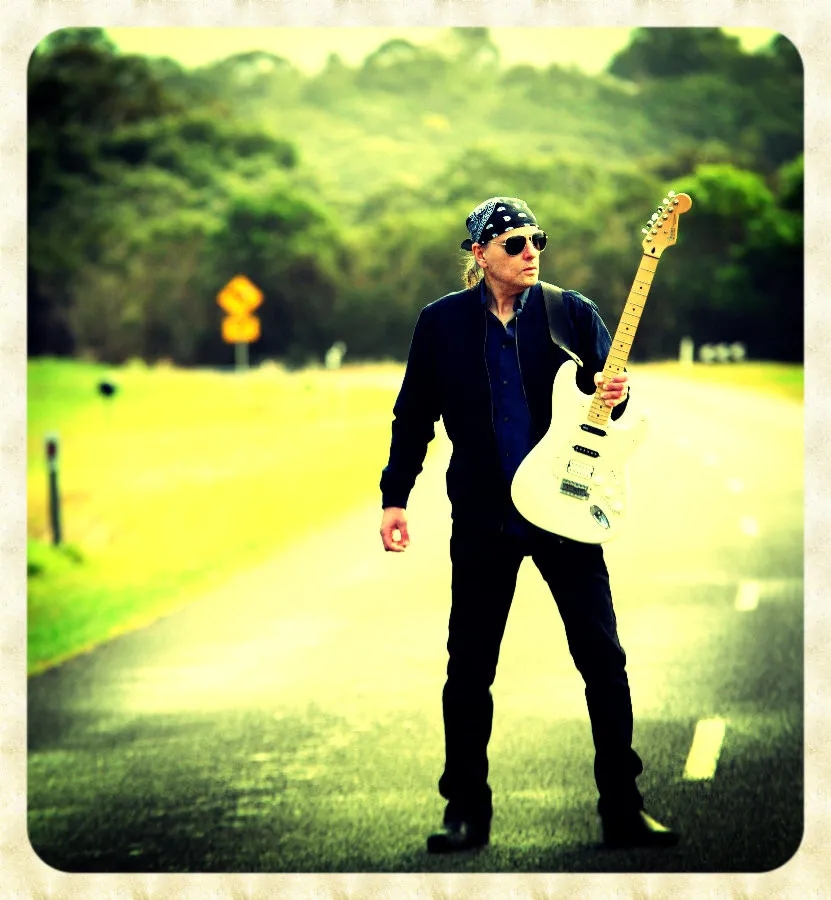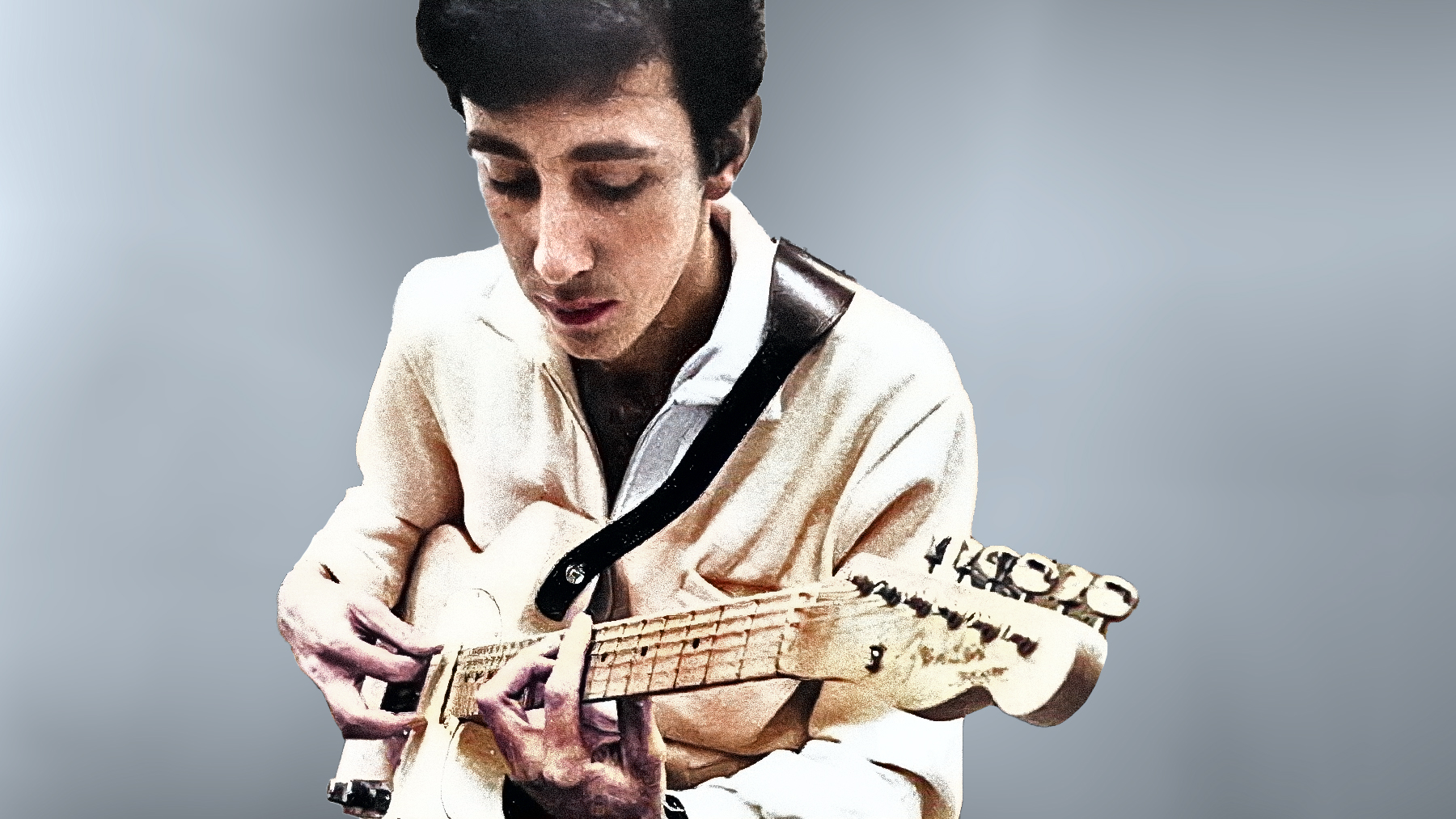“There was a deadly silence for what seemed like ages.” Ralph McTell scored a hit with his classic “Streets of London.” It only took him 10 years — and three recordings
The guitarist says his song is better known in the U.S for a successful cover version
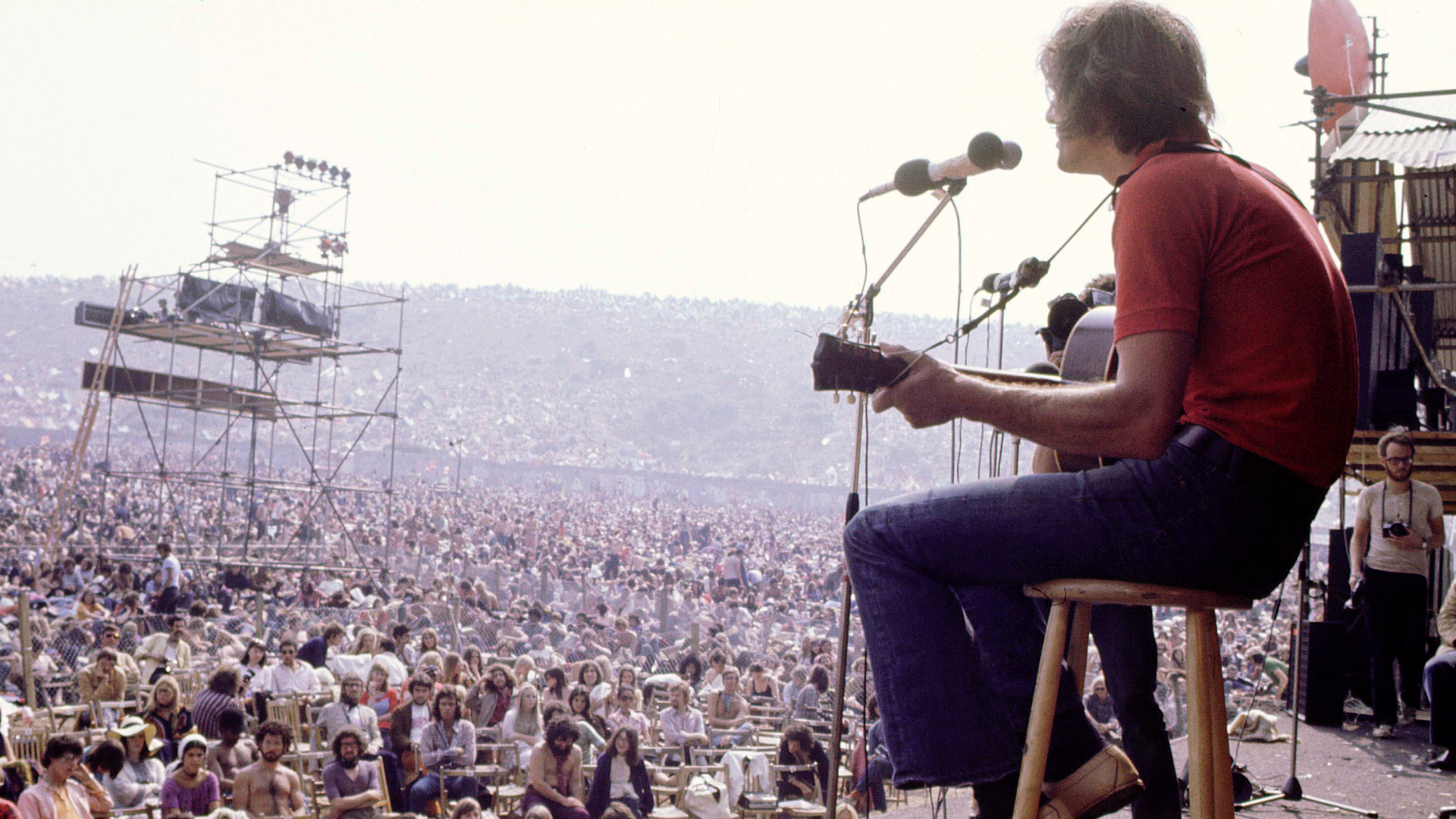
For English singer-songwriter and acoustic guitarist Ralph McTell, the third time was the charm. After striking out with two released versions of his 1970s classic “Streets of London,” the U.K. folk singer finally scored a hit when his third attempt at the gently fingerpicked folk classic met with approval from audiences, turning McTell’s fortunes around and garnering him his biggest hit of his career.
By then, some 10 years had passed since McTell wrote the tune as a 21-year-old playing for change in France.
“I was in Paris in the very cold winter of 1965,” McTell tells Guitar Player. “It was bitter and no one was busking, and people were sleeping out on the hot-air gratings over the Paris Metro. I noticed these old guys had taken their boots off on, put them under their head, and were sleeping out in the cold. And I thought, Now, there's a subject to write about here!
“Then I thought, Well, I can't write about Paris, as there already was a song called ‘The Poor People of Paris.’
"So decided I ought to write about the area that I knew about, which was London. The song is not about homelessness — it’s about alienation, about people that choose to live within society, but outside of it, like the city rough sleepers. I already had the music, and so I wrote the lyrics on top. It originally had three verses, but I added the fourth verse later, as I didn't think it ended properly.”
Though he had the song in his pocket at the time of his first album, 1968’s Eight Frames a Second, he left it off the disc due to its subject matter. “I had first offered the song to a friend of mine who was a semi-professional folk singer” McTellrecalls. “But he said, ‘Oh, no, that's too sad, I wouldn't want to do that.’”
McTell worried that the song would meet a similar reaction from audiences. But he was surprised.
All the latest guitar news, interviews, lessons, reviews, deals and more, direct to your inbox!
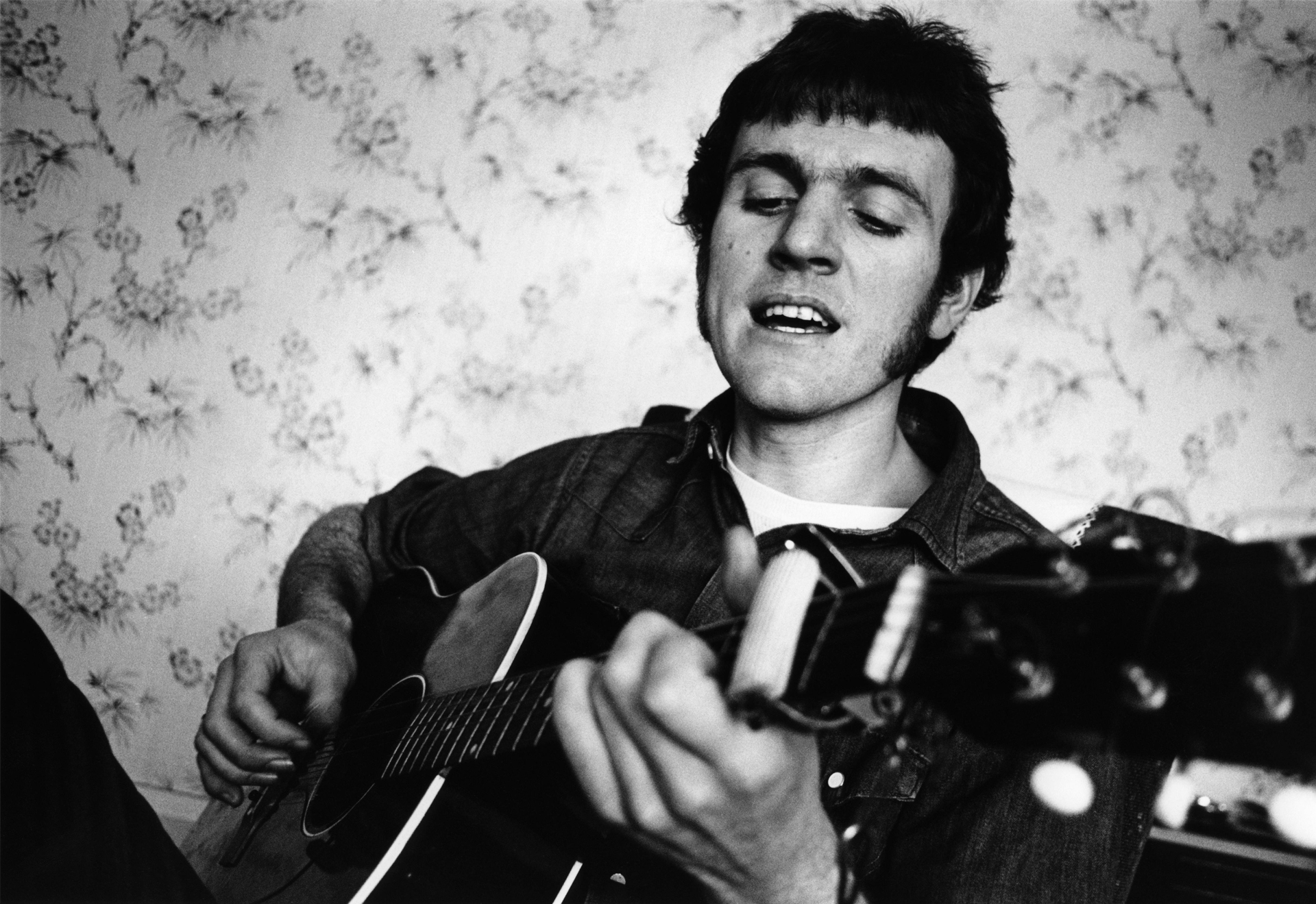
“I remember the first time I performed it in a club, and thought he was absolutely right. There was a deadly silence for what seemed like ages after the song had finished,” he says. “And then a thunderous applause engulfed the room.”
By the time he was making his second album, 1969’s Spiral Staircase, he had more confidence in the tune. His producer, Gus Dudgeon — who would go on to find fame recording Elton John — was ecstatic upon hearing it. “He said, ‘You must put it on the record.’ And so we did.”
This initial recording was released but failed to attract any notice. In the meantime, McTell had some good exposure when he was booked to perform at the Isle of Wight Festival in August 1970. His set, performed on August 30, was warmly received by the crowd. (Also scheduled for that day was Jimi Hendrix with drummer Mitch Mitchell and bassist Billy Cox, though they didn't go on until the early hours of the 31st.)
Holding onto hope, McTell recorded "Streets of London" again for his 1971 U.S. album, You Well-Meaning Brought Me Here, where it suffered the same fate as his initial version.
The story would have ended there were it not for McTell’s manager’s insistence that it was hit material. Three years after making his second recording of the song, the guitarist went for a third attempt. “I again rerecorded it, in one take too, and gave it to Warner Brothers,” he says. "And bang, there was the hit!"
“I again re-recorded it, in one take too, and gave it to Warner Brothers. And bang, there was the hit!"
— Ralph McTell
Released as a single on Warner’s Reprise label in 1974, “Streets of London” climbed the U.K. charts, peaking at number two. “My manager never wavered in his belief that ‘Streets of London’ had a future,” McTell says. The song went on to win McTell an Ivor Novello Award for Best Song Musically and Lyrically in 1975. By then it had been a decade since he wrote it.
For the earliest version of the tune, McTell played a Gibson J-45, purchased when he was 20. For the third, and most popular recording of it he played "a handmade guitar by a mate of mine called Keith Johns,” McTell reveals. “He only made a few guitars, and it was a copy of a black Gibson J-200, married to the neck of a J-45. It happened to be in the studio, so I used that guitar with a capo placed on the second fret.” As for his fingerstyle approach to the instrument, McTell employed a technique heavily informed by his love of early American blues players like Blind Blake and Blind Boy Fuller.
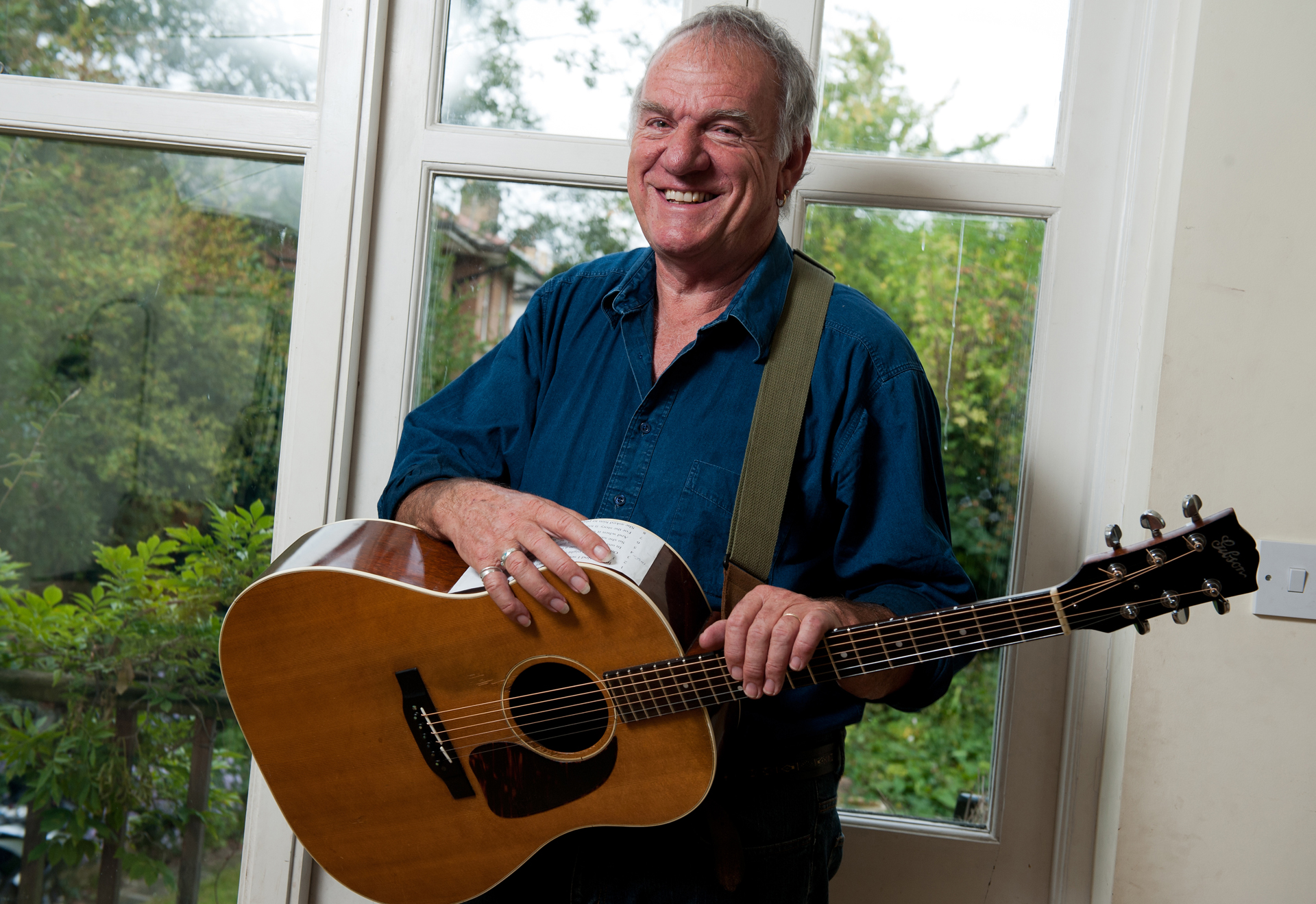
While “Streets of London” has allowed McTell to forge a prolific career, the song is better known in the United States via an early cover version recorded in 1971 by Roger Whittaker. “In the States, more people know Roger's version than they do of mine,” McTell says. “It’s the same in Germany too. When I listen to Roger’s version — and because I know my song — I actually can hear he's reading the lyric on one of the verses. I can hear that he's looking at the script.”
As it happens, “Streets of London” has proven a choice track for many performers. “A friend of mine did some research on it and found out that there over 400 registered covers,” McTell exclaims. “And there are thousands more on YouTube. It’s incredible. I don't want to single anyone out, but one of the versions that I'm very fond of is by the late Sinéad O'Connor. She did a lovely take of it, which somehow captures the naivety of someone who really cares about the situation.
"One of the versions that I'm very fond of is by the late Sinéad O'Connor, which somehow captures the naivety of someone who really cares about the situation."
— Ralph McTell
“And I certainly did care about the situation when I wrote the song, but I was put off my own song by the slight negative reactions at the time about it being sad. I'm still amazed that the song has become almost a standard now. I still enjoy playing it and I love the reaction it gets. I usually invite the audience to join in if they remember any of the words, and they seem to want to join in too, which is great.”
Although he’s built up quite a catalog over his six-decade-long career, McTell doesn’t mind that “Streets of London” has forever marked him as a one-hit wonder. “I’m proud of that song, and I feel very fortunate,” he says. “I know it changed my life. I think there are many talented musicians and singers and writers out there that have never managed to get a song away, and I'm the first to acknowledge my weaknesses.
“I nod to people with bigger talent than me and better musicians and better writers. But I've been one of the lucky ones.”
Joe Matera is an Italian-Australian guitarist and music journalist who has spent the past two decades interviewing a who's who of the rock and metal world and written for Guitar World, Total Guitar, Rolling Stone, Goldmine, Sound On Sound, Classic Rock, Metal Hammer and many others. He is also a recording and performing musician and solo artist who has toured Europe on a regular basis and released several well-received albums including instrumental guitar rock outings through various European labels. Roxy Music's Phil Manzanera has called him "a great guitarist who knows what an electric guitar should sound like and plays a fluid pleasing style of rock." He's the author of two books, Backstage Pass; The Grit and the Glamour and Louder Than Words: Beyond the Backstage Pass.
![Ralph McTell - Streets of London (1974) [Restored] - YouTube](https://img.youtube.com/vi/sSn9McLtx30/maxresdefault.jpg)
